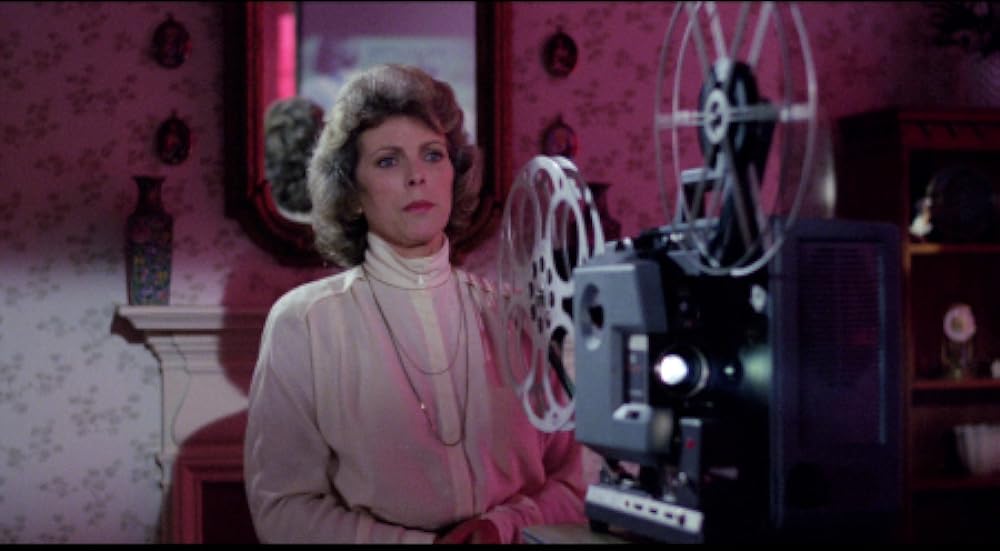In the realm of employment, the notion of “unsuitable jobs for women” has long cast a shadow over the aspirations and opportunities of countless individuals. An Unsuitable Job for a Woman Analysis delves into this captivating topic, shedding light on the historical, societal, and psychological factors that have shaped these perceptions and their enduring impact on women’s lives.
From the factory floors of the Industrial Revolution to the boardrooms of modern corporations, the concept of gender-appropriate occupations has been deeply ingrained in our collective consciousness. This analysis unravels the intricate tapestry of societal expectations, stereotypes, and biases that have influenced women’s career choices and limited their advancement in certain fields.
An Unsuitable Job for a Woman: Exploring Historical and Cultural Barriers

Throughout history, the concept of what jobs are suitable for women has been shaped by societal norms and expectations. While some occupations have become more accessible to women in recent times, many professions remain largely dominated by men.
Historical Context, An unsuitable job for a woman analysis
Historically, women were often confined to domestic roles, with limited opportunities for education and employment outside the home. Occupations such as medicine, law, and politics were considered unsuitable for women due to prevailing beliefs about their physical and intellectual capabilities.
However, the Industrial Revolution and the women’s suffrage movement in the 19th century gradually opened up new opportunities for women. Women began to enter the workforce in increasing numbers, taking on roles in factories, offices, and even some professions that had previously been closed to them.
Societal Expectations
Despite these advancements, societal expectations and gender roles continue to influence perceptions of job suitability for women. Stereotypes and biases often lead to assumptions about women’s abilities and interests, limiting their career choices.
For example, women may be discouraged from pursuing careers in STEM (science, technology, engineering, and mathematics) due to the perception that these fields are more suitable for men. Similarly, women may face barriers to entry in male-dominated professions such as construction or firefighting.
Barriers to Entry
Women face various barriers when entering or advancing in certain occupations. These include:
- Discrimination:Overt or covert discrimination can prevent women from obtaining jobs or promotions.
- Lack of Opportunity:Women may have limited access to training programs, mentorship opportunities, and other resources that are essential for career advancement.
- Unconscious Bias:Unconscious biases, such as the belief that women are less assertive or less capable in certain roles, can influence hiring and promotion decisions.
Epilogue: An Unsuitable Job For A Woman Analysis
As we navigate the ever-evolving landscape of work, it is imperative to challenge the outdated notions that perpetuate gendered job segregation. By fostering inclusive workplaces, promoting education and mentorship opportunities, and challenging unconscious biases, we can empower women to shatter the glass ceiling and pursue their full potential in any field they choose.
FAQ Section
What are some examples of occupations that were once considered unsuitable for women but are now widely accepted?
Historically, fields such as medicine, law, and engineering were largely off-limits to women. However, through the tireless efforts of pioneers and advocates, women have made significant strides in these professions and are now recognized for their contributions.
How do societal expectations influence perceptions of job suitability for women?
Societal expectations often dictate what jobs are deemed “appropriate” for women, based on traditional gender roles and stereotypes. These expectations can limit women’s career choices and create barriers to their advancement in certain fields.
What are some of the challenges women face when entering or advancing in certain occupations?
Women may encounter discrimination, lack of opportunity, and unconscious bias when entering or advancing in male-dominated fields. These challenges can include pay gaps, limited access to promotions, and a hostile work environment.